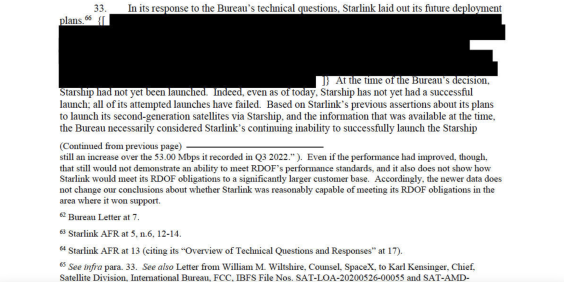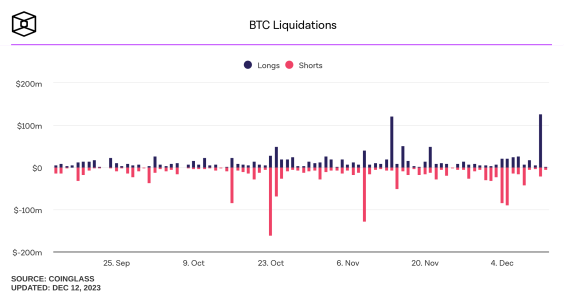This is not investment advice. The author has no position in any of the stocks mentioned. Wccftech.com has a disclosure and ethics policy.
WeWork, the shared workspace tech startup based in New York City, NY is gearing up for what will end up being one of the largest IPOs of 2019.
The We Company recently filed its S-1 prospectus which is required by law for companies that are planning on moving forward with an initial public offering. The prospective filing is meant to "open a companies books", as it were with the aim at allowing potential buyers of its stock to understand its financials in a way that would allow the investor to assess risk versus reward; ultimately giving them the ability to value the stock.
WeWork is hoping that its somewhat novel model of creating shared spaces out of leased properties and offering them to small businesses and entrepreneurs will enable it to sustain growth long term, but the question is can it manage the costs related to expensive leases in large cities, and many were hoping its S-1 filing would clear that up.
WeWork's S-1 "obfuscates" important details
According to CEO Rett Wallace at Triton Research, The We Company's S-1 lacks crucial information required to build a model of the startup's financials. According to him, "the prospectus is a masterpiece of obfuscation" adding that "if the underlying facts were positive, why would a company go to so much trouble to prevent you from understanding them?"
Adding fuel to the fire, Triton actually has a very good track record when it comes to evaluating how straight-forward (or not) companies are in their S-1, and according to them, it offers a very strong predictor for an IPOs performance in the days and weeks after the listings go live.

They call it the "obfuscation index", and while not incredibly creative on the naming front, it analyzes how clear and concise the numbers are in companies S-1s. Companies like Elastic NV, and Smartsheet scored high on the index and they are up an average of 92% from their IPO prices, and other companies such as Lyft and Sonos ranked much lower on the index and well.. we know how those have fared.
The problems stem from the fact that WeWork doesn't disclose the dates of when any of its locations opened, which is vital if you have read Nick's WeWork IPO piece linked above. The gist of it is WeWork doesn't make any money on leases through the first 18 or 24 months, so its absolutely critical that investors know when locations are opened.
WeWork also bizarrely classifies some compensation as investments, similar to how some government agencies tend to do. Its this lack of transparency that worries Triton and, coupled with massive cash bleed that seems to scale in almost perfect proportion with their rate of growth, has them seriously worried about the prospects of this company post-IPO.













